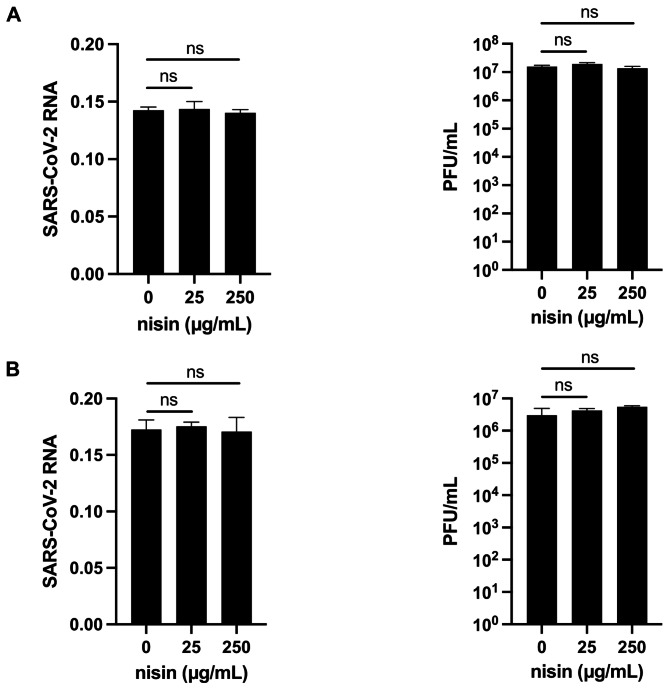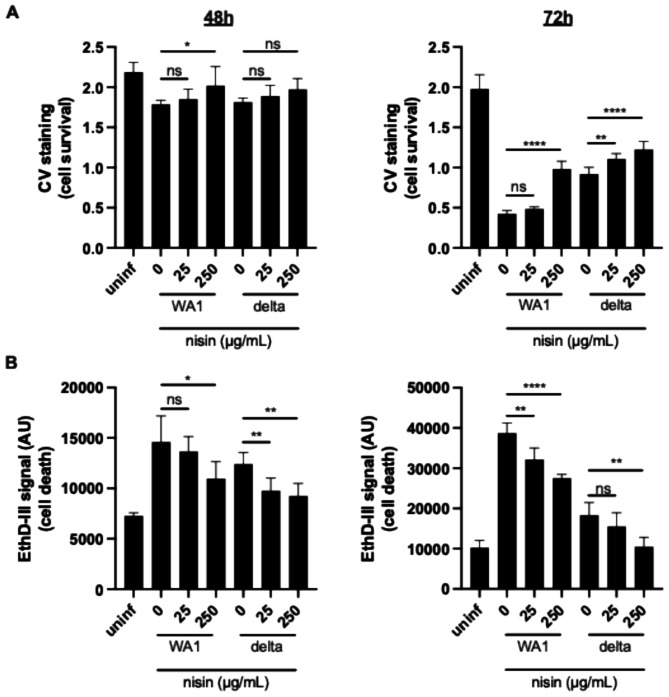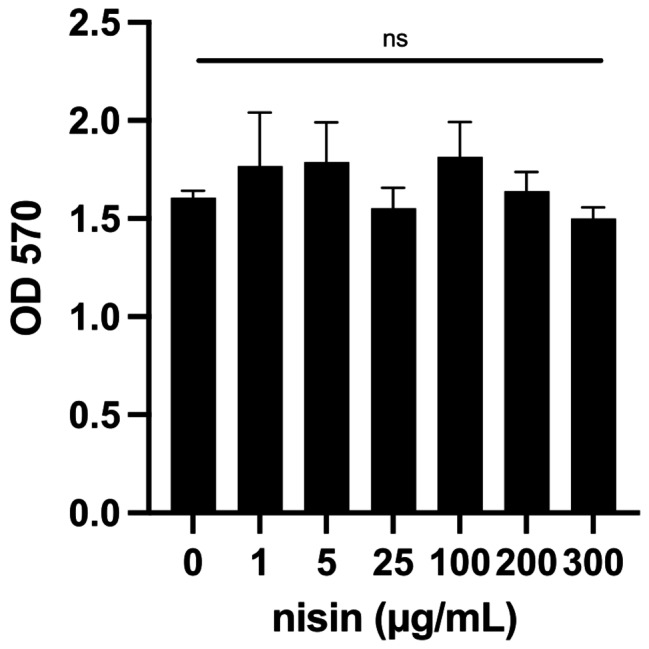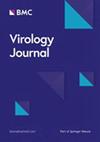抗菌肽nisin在SARS-CoV-2感染期间促进宿主细胞存活。
IF 4
3区 医学
Q2 VIROLOGY
引用次数: 0
摘要
过去五年来,COVID-19一直是一个主要的公共卫生问题。虽然在开发治疗方法方面已经做了显著的工作,但仍然需要更多的治疗方法来对抗这种疾病。最近,有人提出,nisin(一种fda批准的抗菌化合物)可能会干扰SARS-CoV-2进入宿主细胞。在这里,我们证明nisin在体外不抑制SARS-CoV-2的复制。令人惊讶的是,nisin治疗以剂量依赖的方式导致感染期间宿主细胞死亡减少,这表明nisin可能减轻sars - cov -2诱导的病理。本文章由计算机程序翻译,如有差异,请以英文原文为准。



The antimicrobial peptide nisin promotes host cell survival during SARS-CoV-2 infection.
COVID-19 has been a major public health concern for the past five years. While remarkable work has been done to develop therapies, there is still a need for more treatments to fight this disease. Recently, it was suggested that nisin, an FDA-approved antimicrobial compound, may interfere with SARS-CoV-2 entry into host cells. Here, we show that nisin does not inhibit SARS-CoV-2 replication in vitro. Surprisingly, nisin treatment leads to reduced host-cell death during infection in a dose-dependent manner, suggesting that nisin may mitigate SARS-CoV-2-induced pathology.
求助全文
通过发布文献求助,成功后即可免费获取论文全文。
去求助
来源期刊

Virology Journal
医学-病毒学
CiteScore
7.40
自引率
2.10%
发文量
186
审稿时长
1 months
期刊介绍:
Virology Journal is an open access, peer reviewed journal that considers articles on all aspects of virology, including research on the viruses of animals, plants and microbes. The journal welcomes basic research as well as pre-clinical and clinical studies of novel diagnostic tools, vaccines and anti-viral therapies.
The Editorial policy of Virology Journal is to publish all research which is assessed by peer reviewers to be a coherent and sound addition to the scientific literature, and puts less emphasis on interest levels or perceived impact.
 求助内容:
求助内容: 应助结果提醒方式:
应助结果提醒方式:


